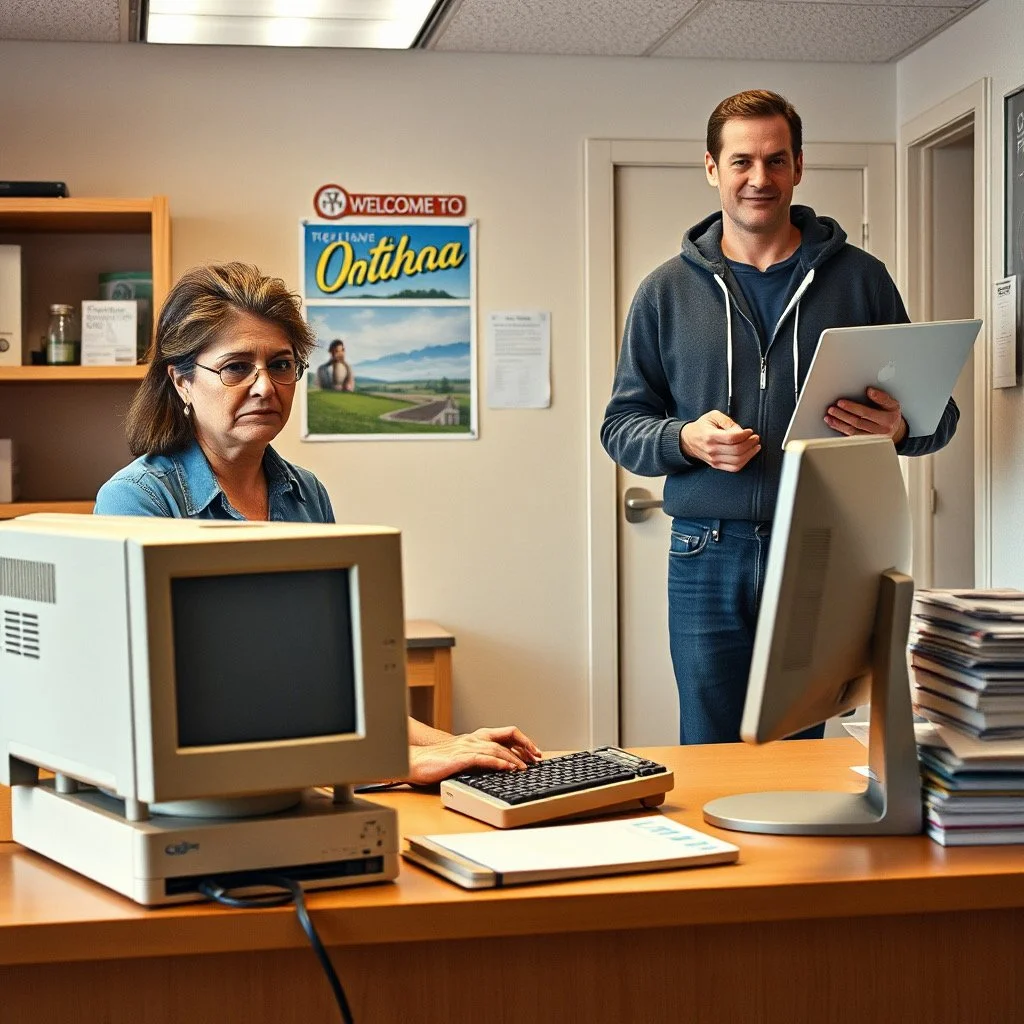Why Your Omaha Healthcare Office Shouldn’t Be Held Hostage by Outdated Computers
Last week, I walked into a local healthcare clinic here in Omaha to help with what was described as a “slow computer issue.” What I found was a front desk machine still rocking a CD-ROM drive. A CD-ROM. I haven’t seen one of those in active use since people were installing AOL in ‘05. The poor receptionist looked like she was about to load patient data from a mixtape. As a managed IT provider, I knew this wasn’t just an inconvenience - it was a liability.
When healthcare businesses don’t stay on top of their technology lifecycle - especially their computers and network hardware - they open themselves up to more than just awkward stares from the IT guy. Security vulnerabilities, compliance risks (hello, HIPAA fines), and good old-fashioned productivity killers start piling up. That’s why we started using a tool that gives us real-time visibility into the age, health, and warranty status of every machine. It lets us plan replacements before things fall apart and automates reports so our clients always know what’s at risk. Think of it like a digital crystal ball for your IT gear, minus the incense and chanting.
One of our Omaha-based medical clients recently got hit with a surprise software update that would have tanked half their check-in stations. But thanks to our lifecycle monitoring system, we already had a report showing those machines were two years past their prime. We had new hardware ordered and ready before the chaos even started. The doc called us "tech wizards." We’ll take it.
If you’re running a healthcare business in Omaha and you’ve ever asked, “How do I keep track of my computer warranties?” or “When should I replace our aging IT equipment?”, it’s time to think about proactive computer lifecycle management. Don’t wait for an ER-level IT crisis - let’s future-proof your practice before your computers start wheezing louder than your HVAC system.

